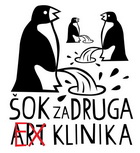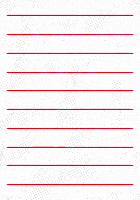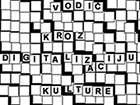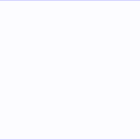Rifat Rifatovic: The solution is in the system changes
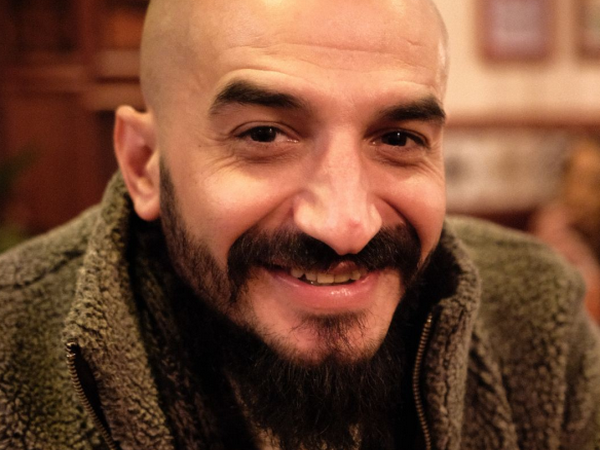
Rifat Rifatovic, the actor from The Regional Theater of Novi Pazar, believes that two years after the Corona virus pandemic has started, cannot be looked upon from the positions of winner and losers, but that it is up to everyone to be responsible. "That requires us to remember those who lost their lives. Their obituaries should be sufficient signs to people that there is no playing with the current situation we live in ", said Rifatovic in an interview with the SEEcult.org, and he also emphasized the dramatic situation in which Novi Pazar found itself during the pandemic, but that has remained out of the focus of the largest media. First of all, doctors from Kragujevac and Sarajevo had helped, but so did contributions from our people from the migration.
“From the very beginning of the lockdown, I realized that we will have to get used to living under these conditions... I believe in medical science, much more than in do people, and I am waiting for the medical science to have its say. There I see the key to victory, conditionally speaking, because there is no true victory where even one life is lost. On the other hand, or on the same hand, our personal responsibility in a pandemic is something we are in charge of", Rifatovic said.
According to him, already at the beginning of the pandemic, he did not allow it to negatively affect his work.
The Extraordinary Theatre (Izvanredno Pozoriste) was created at Rifatovic's initiative, an online theater that brought together actors from several cities, and the pandemic is to be credited for giving them the opportunity to show that something interesting and noteworthy exists outside major centers such as Belgrade and Novi Sad.
"It turned out to be almost the first theater of that kind in the world. Due to the extraordinary situation, we became – The Extraordinary Theater. We had rehearsals like in the theater, but they often lasted even longer. We had several premiers in two months. Our concept was to do plays in real time, that is, for the audience to come to the YouTube channel at 8 pm and the show starts five minutes later, and when it ends at 9.10 pm, we make our bows and the channel is shut down", Rifatovic said.
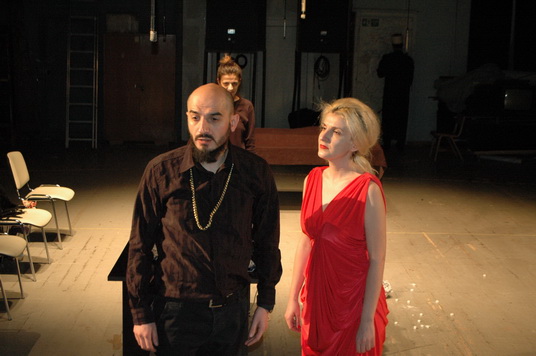
Rifat Rifatović and Anđela Marić, If You Gaze Long into an Abyss
Rifatovic emphasized that he is a supporter of vaccination and of all measures of protection.
"It's a classic way to get cured from all this. And if we think back, we will remember that there was suspicion with the flu vaccine, as in the case of this against the Corona virus. I hope that people will come to their senses and become self responsible. I encourage them to get vaccinated," he said.
On the fact that only the audience in Serbia in Novi Pazar could see the several-award winning film "Quo vadis, Aida?” about Srebrenica, from the director Jasmila Zbanic from Sarajevo, Rifatovic pointed out that the fight against demons from the past is something that must finally be resolved.
"We are not the only area where this should be resolved. We have historical examples from not so long ago when Germany had to pay for its mistakes from the time of fascism. We could copy certain things, in that sense it would be good to see “Quo vadis, Aida?”, and I also saw “Dara from Jasenovac” (by Predrag Gaga Antonijevic, a Serbian Oscar candidate). When those two films came out, so much fuss in the media was created around them. Both films are important, and not from the position of pointing a finger at someone who did something, or the position of turning our heads for something we did. No. Responsibility is needed for any crime: a dead man is a dead man of any religion, class, caste, belief, and nation. But the responsibility of those who have killed must be individualized. Not all Serbs were in Srebrenica, and those who were - have names.
Not everyone is Ratko Mladic - there is also Srdjan Aleksic. It is just a question of what we want to promote. And it is the duty of the public service and politics to deal with the solution in that way. The film is a great tool in the fight against delusions. Jasmila's film could have been bloody, but she and the team, led by the brilliant Jasna Djuricic, chose a film in which there is no blood, even though over 8,000 people were killed there. That is why “Quo vadis, Aida?” reminds me of Roberto Benigni's masterpiece 'Life is Beautiful' ", said Rifatovic, the Sterija Award winner for his role in the play "If You Stare into the Abyss for a Long Time ", directed by Zlatko Pakovic, inspired by the work of the same name by Enes Halilovic, that poignantly confesses the pain of a little man trapped in the jaws of grand politics.
"I am sorry that the system is set up in such a way that, as Rambo Amadeus would say, it operates with the cheapest things, such as nationalism, that the differences in religious beliefs are being abused in order to blur the ordinary people’s eyes. The system needs a fundamental change. Let's start with the little things, let's go back to the values that were valid when I went to school. I remember from that time that, for example, the most popular faces on TV were the great actors, singers, great artists, who were really personalities, and now there are characters on TV who are even below the level of mediocrity. The system is what has tuned the decline in all values. At the same time, everything is nicely packed into something that presents itself as uber-modern and uber-cool. Everything has been reduced to show business, there is no aesthetics, and our ethics had become plastic. The solution is to change the system, and maybe we should start changing individually, so that everyone can fix their own universe. I try to arrange mine. Some people enter it, some of them leave, which is normal in life. I try to keep the good ones forever ", Rifatovic pointed out.
*Photo: private archive
*The entire interview (in Serbian) can be found on this link.
(SEEcult.org)
Funded by the International Relief Fund for Organisations in Culture and Education 2021 of the German Federal Foreign Office, the Goethe-Institut and other partners, goethe.de/relieffund





